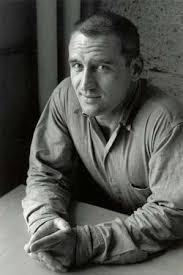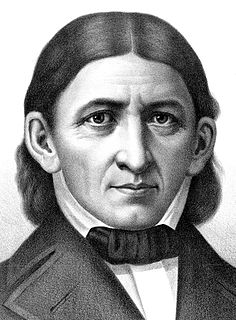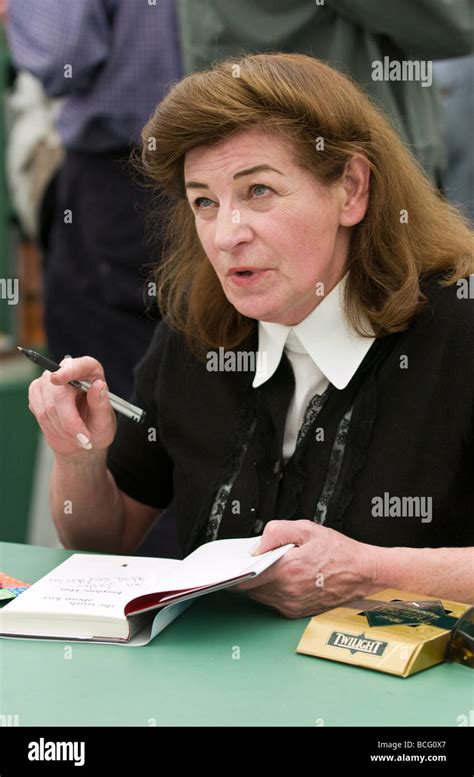A Quote by Neal Cassady
I alone, as the sharer of their way of life, presented a replica of childhood.
Related Quotes
People tend to think of gentrification in terms of race because it's presented that way, and I think it's presented that way because in poor cities that's what's really going on. Beyond that, I think it's presented that way as a way for the people who are really pushing it to make it just a black problem, so people don't care.
In Acts 14:1, we are told, "At Iconium Paul and Barnabas went as usual into the Jewish synagogue. There they spoke so effectively that a great number of Jews and Gentiles believed." This is what should be sought in Christian schools, not just teaching, but effective teaching. Christian content alone is insufficient. It must be presented in a certain way, and that way cannot be reduced to technique. Nevertheless, God has graciously made it possible to bring people the truth by how the truth is presented.
Play is the highest expression of human development in childhood for it alone is the free expression of what is in a childs soul.”• “Play is the highest level of child development . . . It gives . . . joy, freedom, contentment, inner and outer rest, peace with the world . . . The plays of childhood are the germinal leaves of all later life.”• “Children are like tiny flowers; they are varied and need care, but each is beautiful alone and glorious when seen in the community of peers.
They say that childhood forms us, that those early influences are the key to everything. Is the peace of the soul so easily won? Simply the inevitable result of a happy childhood. What makes childhood happy? Parental harmony? Good health? Security? Might not a happy childhood be the worst possible preparation for life? Like leading a lamb to the slaughter.
I think the novel is essentially a comic form (tragedy is for the theatre), not meaning by that full of jokes, but that it is about the absurd detail of human life, the way in which one cannot fully understand what is happening. Life is muddle and jumble and ends inconclusively, and when this is presented with great comic art the sorrows of human life can be truthfully conveyed; one is moved by the spectacle, and feels that something truthful has been told in a magic way.





































